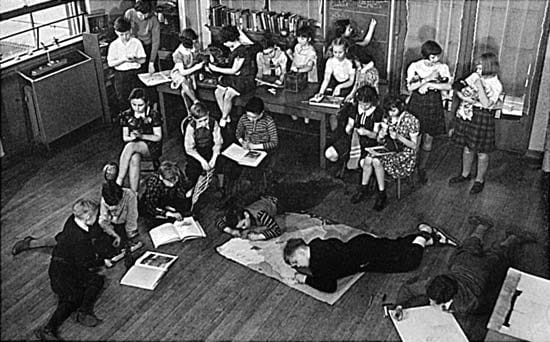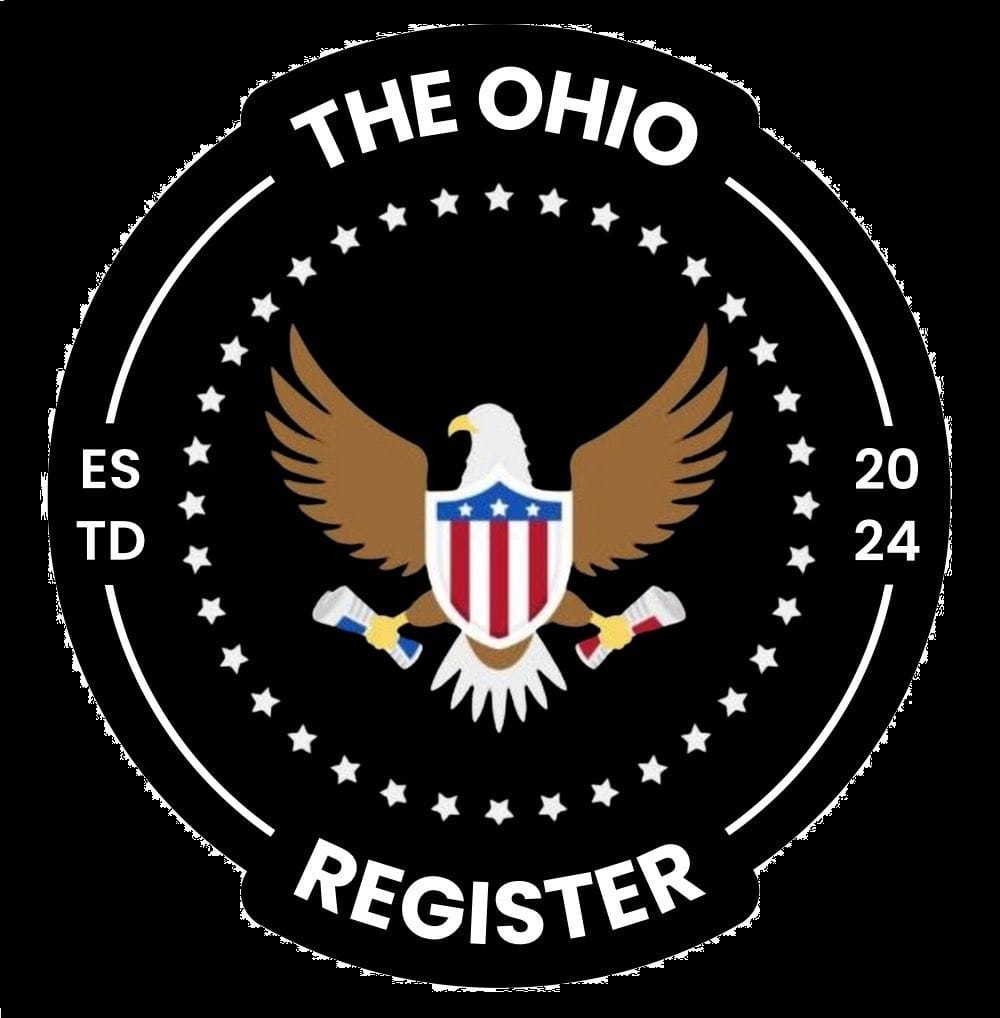The Legacy of John Dewey

BY TOM HACH
Have you ever wondered why all levels of our educational system seem to do more and more, and yet less and less on academics? The roots of this phenomenon go in many directions, but one can make the argument that the taproot goes back to John Dewey. Dewey, who lived from 1859 to 1952, used the theory of evolution as the basis for his planned reformulation of education. For his movement to be successful, he knew that the traditional bible-inclusive education of the time needed to be replaced with a focus on producing a populous focused on being part of a collective society, and not independent, critical thinking individual Americans.
To foster a more collectivist population and society, he upheld the idea that in education the past has no value, and, therefore, he discouraged the study of history, Latin, Greek, and even English. Replacing these ideas, he believed education should be based on lived experience, and he minimized the significance of book learning. He also understood that making these changes too quickly would result in serious backlash, so he took a gradual, long-term and under-the-radar deceptive approach to enact his agenda.
So committed was Dewey to a collectivist view of society, he believed the emphasis on literacy was misplaced because it enabled individuals to think for themselves, exercise independent judgement and question the current status quo. To support his ends, he advocated for minimizing the importance of literacy in primary schools in order to limit people's capacity to learn for themselves and reduce the American individual mentality.
Ultimately, Dewey believed in using government schools to achieve his goals by minimizing the role of parents because they might instill independent thought and religious conviction, changing the role of teachers from educators to facilitators; de-emphasizing the classics, reading, writing, and arithmetic, western civilization, American civics, history and providing a secular environment. The end goal was to prepare students to be good citizens in a socialist society who follow directions and and do not think for themselves.
This is a multi-part series, which will be posted on theohioregister.com as they are available.




